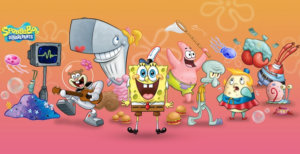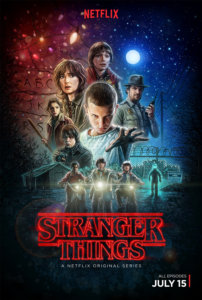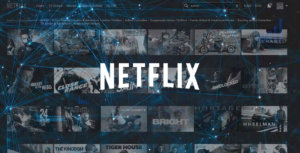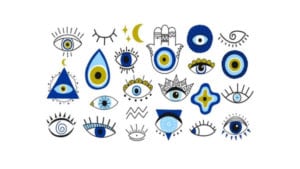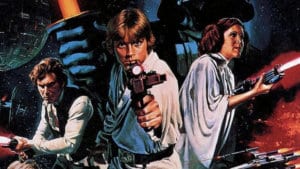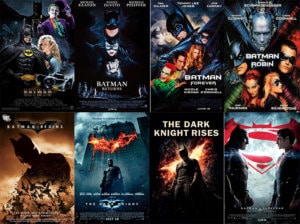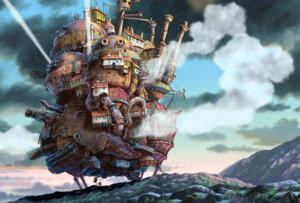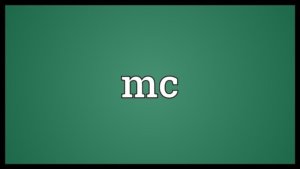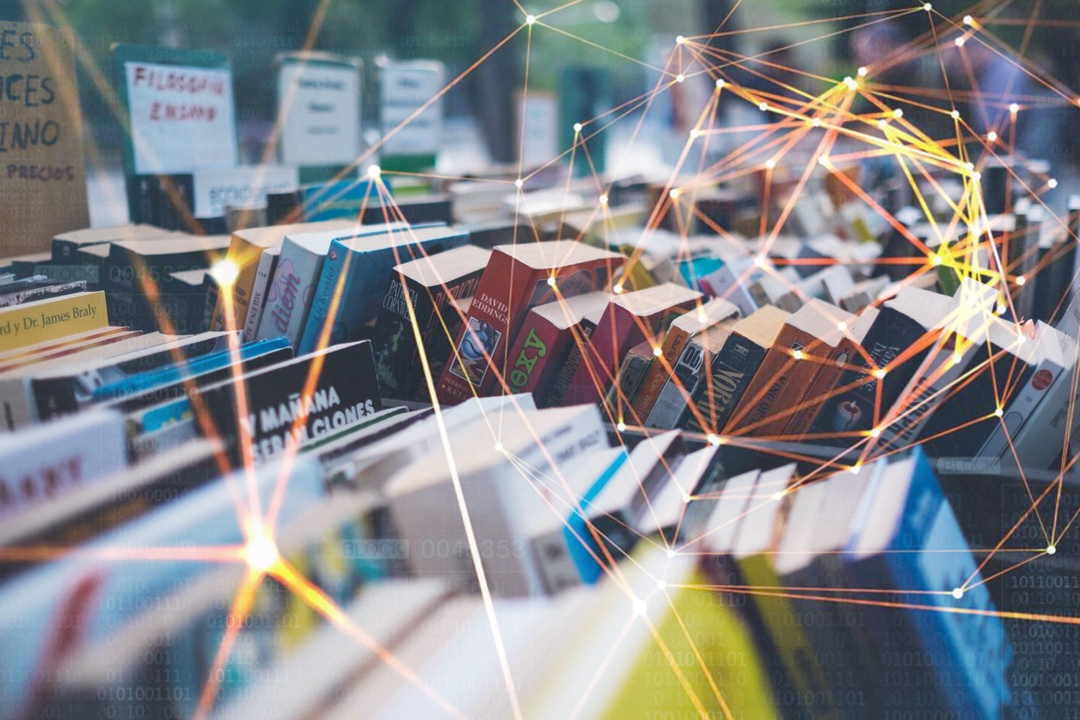
Artificial intelligence is one of the concepts that we have started to hear frequently in our daily lives, and books about artificial intelligence have also come up very often. Theories on artificial intelligence, right and wrong rhetoric, endless debates… On the one hand, those who say that we will have a better life with the developments in artificial intelligence, and on the other hand, those who have the idea of a worse world. So what do you think? Or do you think you have enough knowledge to think things through?
If the answer to the second question is no, you can have a broader knowledge of artificial intelligence by reading the books I recommend here. If you share the books you have read and are not on the list in the comments, we can reach more people.
1) Machine Learning – Ethem Alpaydın
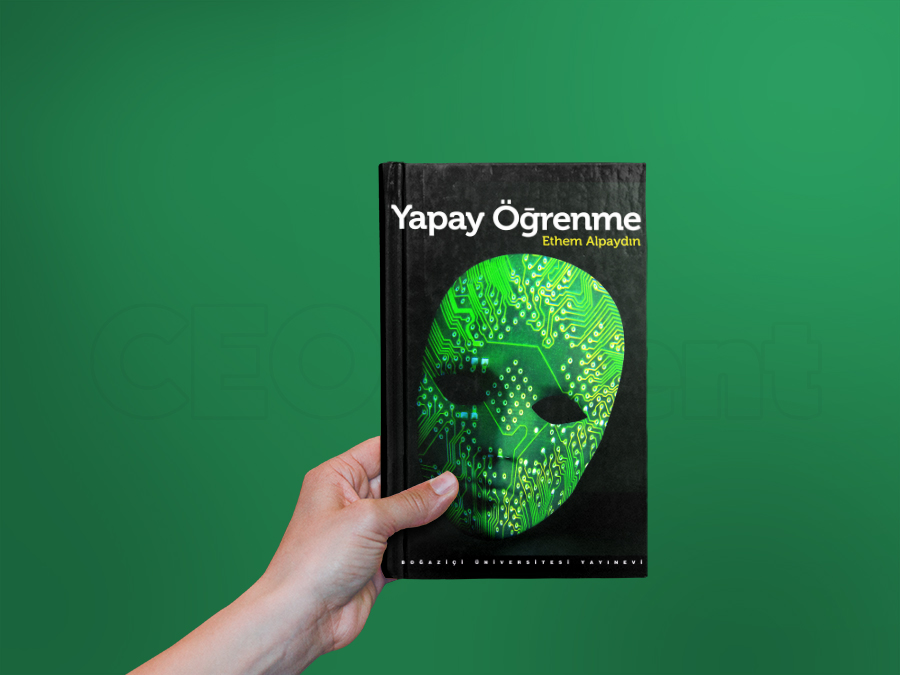
In this book, which has a wide scope, all approaches used for supervised, unsupervised and reinforcement learning, probability-based models, artificial neural networks, decision trees, hidden Markov models, kernel machines, Bayesian methods and graphical networks are covered. Topics such as coupling, experimental design and analysis are discussed in detail.
2) Artificial Intelligence | Past and Future – Nils J. Nilsson

The book tells the history of artificial intelligence in a more or less chronological order. Although it does not include some actors and events, it is possible to find the main ideas, disagreements, applications and limits of artificial intelligence in the book. The author focuses on ideas and how they come to life rather than personalities.
3) Master Algorithm – Pedro Domingos
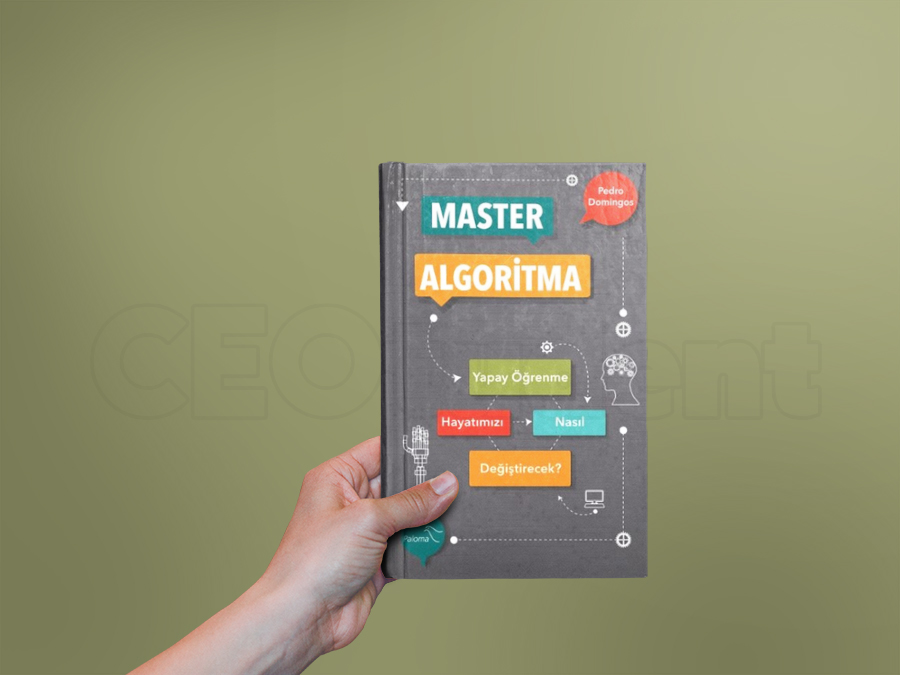
Pedro Domingos lifts the veil of machine learning, one of the most important and revolutionary intellectual advances of all time, and gives us a glimpse into Google, Amazon, the learning machines that power your smartphone.
4) Rise of the Robots – Martin Ford
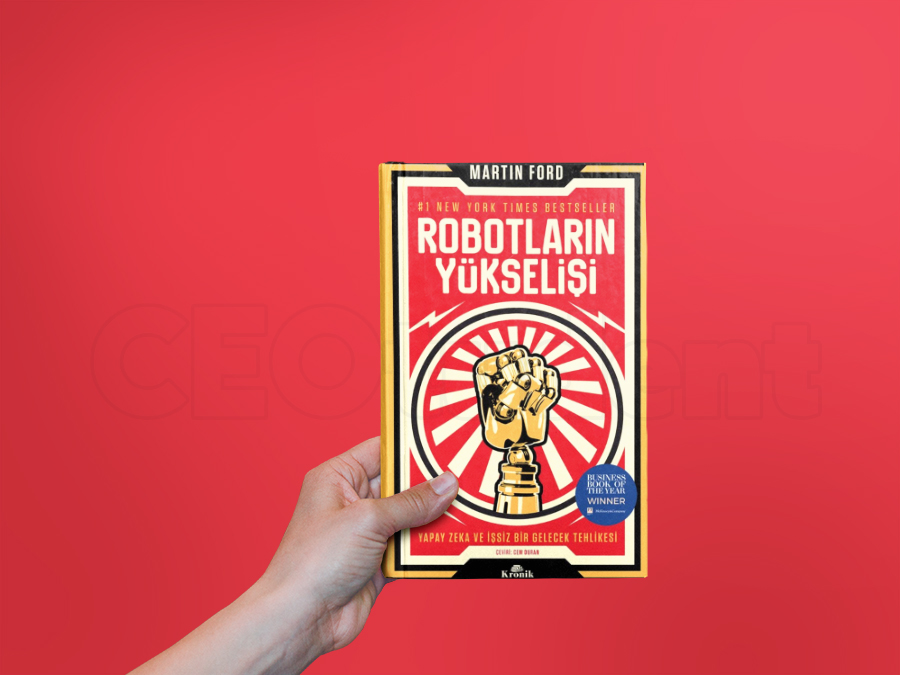
Will the future bring massive prosperity, or will it bring terrible inequality and economic insecurity? We have to answer this question today and determine our route. The Rise of Robots is a must-read for us to understand the economic ramifications of the acceleration of technology for us and our children.
5) How the Mind Works – Steven Pinker
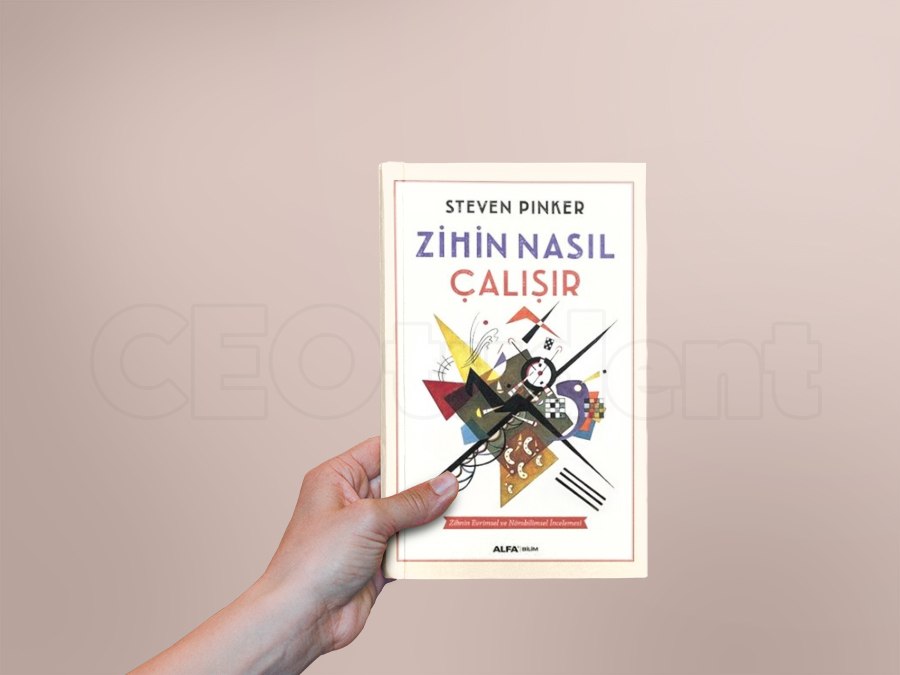
In this book, Steven Pinker tries to reveal how our minds evolve, how we comprehend the world and how we generate thoughts, based on the latest findings of modern neuroscience. What makes us rational? What are the reasons behind our anger, desire, joy or sadness? How did consciousness arise? In his book, in which he examines the answers to all these questions, Pinker explores the common point of all human activities, from science to music, from sexuality to language, from art to religion, in the light of evolutionary biology, and reaches very interesting results.
6) I’m a Strange Loop – Douglas Hofstadter
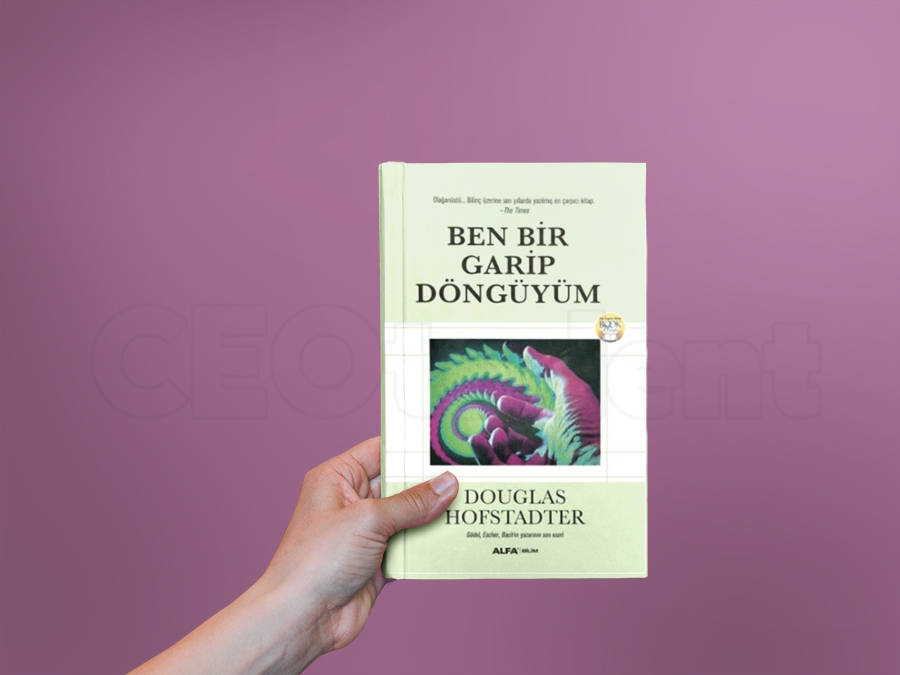
Why am I in my own body and not in another body? According to Hofstadter, this is one of the most fascinating questions humanity cannot avoid asking. I Am A Strange Loop raises many more difficult questions: Are our thoughts made of molecules? Can a machine get confused? Can a machine know that it’s confused, and if it does, can it trap you in loops?
7) Consciousness Explained – Daniel C. Dennett
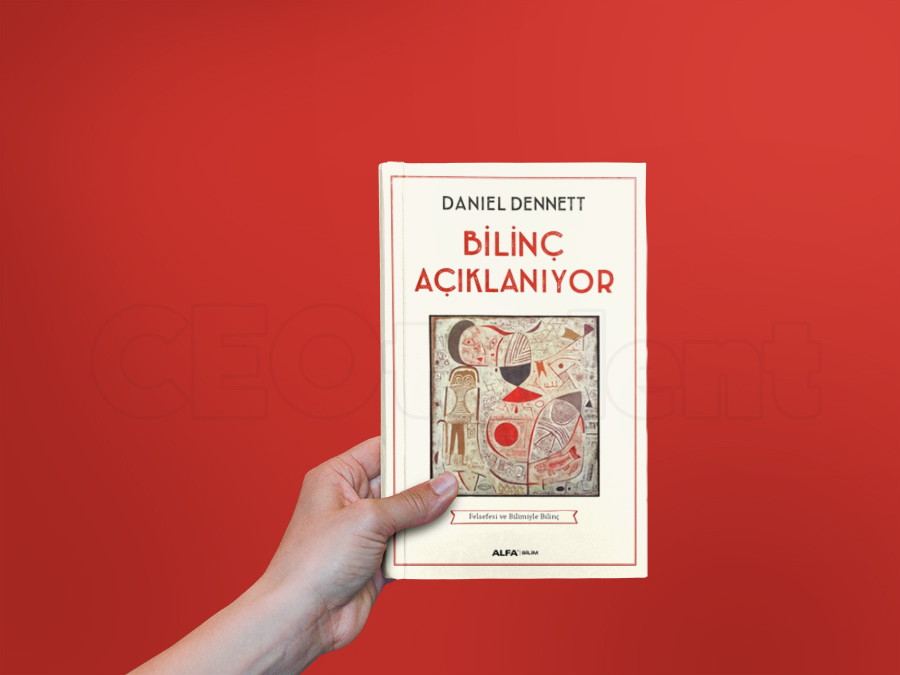
Daniel Dennett rejects the traditional and common-sense Cartesian model of consciousness, but proposes a new model based on rich knowledge from neuroscience, psychology, and artificial intelligence: “Only a theory that has explained conscious events in terms of unconscious events can fully explain consciousness.
8) The Mystery of Consciousness – John R. Searle

Dealing with the claims that the mind works like a computer and that brain functions can be reproduced by computer programs, Searle clearly reveals the contradictions of dualism, materialism and artificial intelligence approaches with a sound logical analysis.
9) The King’s New Mind – Roger Penrose
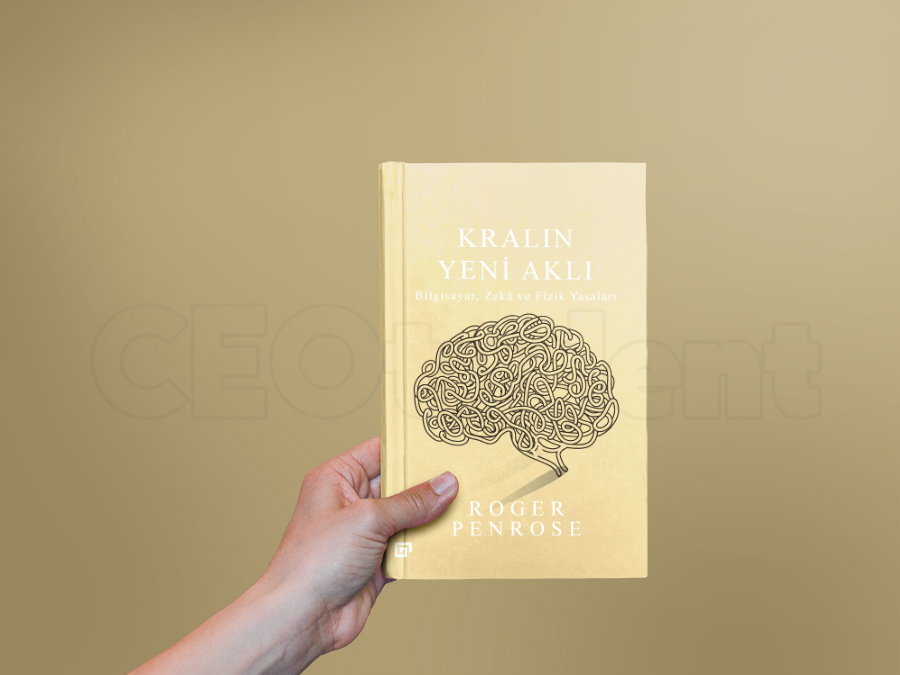
Are the images on the computer screen an exact representation of real-world phenomena, or are we dreaming in a virtual world? Do you think that what we call the universe is not just a huge computer screen? Can computers be made conscious? So they can get smarter and think for themselves? But before we ask such questions, shouldn’t we also ask what is mind or where is consciousness? Roger Penrose seeks answers to these difficult questions in his book.
10) Super Intelligence – Nick Bostrom
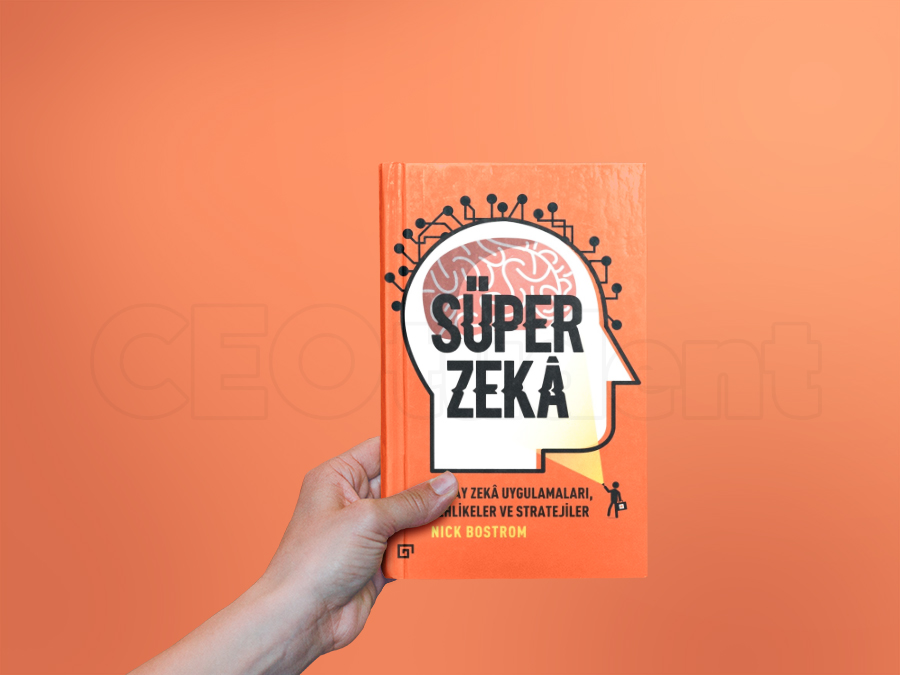
This book, which examines the nature of intelligence in detail, comprehensively covers the content and limits of natural and artificial intelligence. The future may be in the hands of natural or artificial intelligence, but what is certain is that intelligence will continue to exist in the universe.

